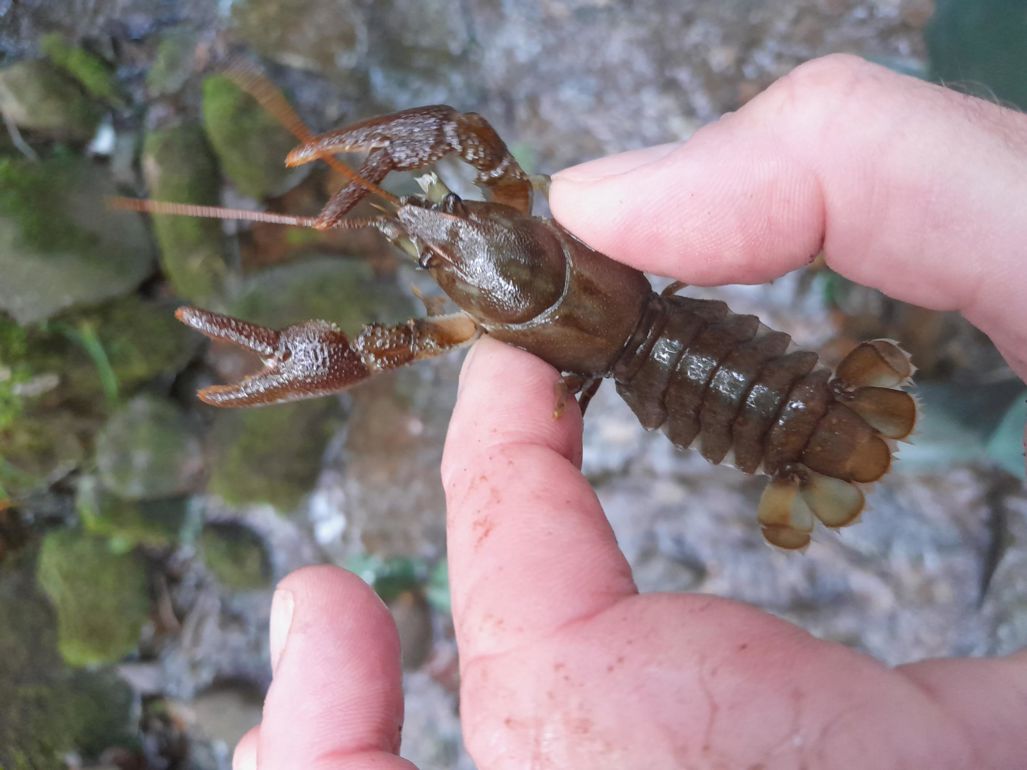Deadly Crayfish Plague Suspected Near Builth Wells: Public Urged to Stay Out of River Irfon

Natural Resources Wales (NRW) is asking people to stay out of the River Irfon near Builth Wells as a precaution after finding many dead crayfish, possibly due to a crayfish plague.
On the evening of 28 June, NRW received several reports of dead crayfish in the river. Officers investigated and found dead crayfish along about three miles of the river. There were no visible signs of pollution, and other river creatures seemed fine, leading officers to suspect a crayfish plague. Samples have been sent for testing, and results are expected next week (week commencing 8 July).
The disease is only deadly to crayfish and is harmless to people, pets and other wildlife. It is spread by invasive non-native crayfish, such as the Signal Crayfish.
As a precaution, NRW is asking the public to avoid entering the River Irfon. Crayfish Plague kills crayfish and spreads easily from one river to another, even with minimal contact. For example, if a dog enters the infected river and later goes into another river, it could spread the disease.
Jenny Phillips, South Powys Environment Team Leader for NRW emphasised the conservation importance of the White-clawed Crayfish:
“The Wye catchment, including the River Irfon, is a key habitat for the White-clawed Crayfish. This species is endangered, with numbers dropping 50-80% in recent years due to non-native crayfish and crayfish plague.
“The native, White-clawed Crayfish is one of the reasons the River Wye has been designated a Special Area of Conservation so it’s crucial that we limit the spread of the plague to protect other local populations.
“By staying out of the river, we can help stop the spread of this disease and protect these valuable creatures."
The White-clawed Crayfish is essential for our ecosystem and indicates healthy, clean rivers. Taking these steps will help ensure the survival of this endangered species and maintain the health of the Wye catchment.
